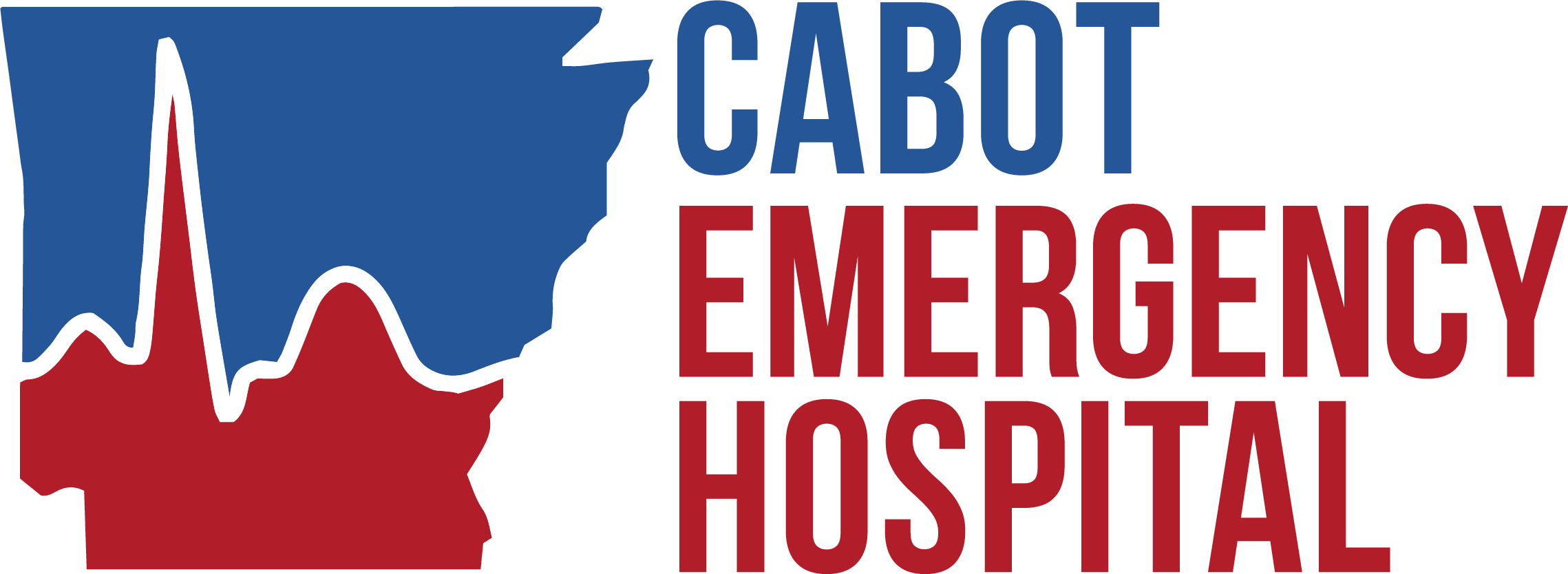Discover how to care for your body after cancer treatment and prepare for some common challenges survivors face.
Being cancer free is a monumental achievement. You have faced many challenges and emerged stronger. However, life after cancer can be complex, filled with both relief and uncertainty. Now, it’s time to embark on a new path of maintaining a healthy lifestyle as a cancer survivor for long-term wellness.
Life after cancer may not seem like a happy, celebratory time, and that is okay. Ending treatment doesn’t mean the journey is over. As a cancer survivor, adjusting to a new normal can be challenging. The worry of not knowing what to expect next may overshadow the joy of overcoming the disease as you navigate and adapt to your new lifestyle.
It’s important to recognize that the lifestyle recommendations for cancer survivors are similar to those for anyone looking to improve their overall health. Survivors should take the time they need to manage and adjust on their own terms. Here are a few essential tips to help make the transition to life after cancer a bit smoother.
Tips to Help Navigate A Healthy Life After Cancer
1. Exercise
You are encouraged to incorporate physical activity into your daily routine as it helps strengthen all the major body systems, increases your sense of well-being, and speeds up recovery. The American Cancer Society recommends adult cancer survivors exercise for at least 150 to 300 minutes a week, including strength training to:
- Increase strength and endurance
- Limit symptoms of depression and anxiety
- Reduce fatigue
- Boost mood
- Improve sleep
2. Eat Well
A diet rich in fruits, vegetables, and whole grains is essential to ensure your body receives the correct amount of vitamins and nutrients, which help increase strength. According to The American Cancer Society, cancer survivors should:
- Consume at least two and a half to three cups of vegetables and one and a half to two cups of fruit daily
- Choose healthy fats, including omega-3 fatty acids and low-saturated fat proteins such as fish, lean meats, eggs, and nuts
- Select healthy sources of carbohydrates, like whole grains, fruits, and vegetables
3. Maintain Weight
During cancer treatment, patients are known to commonly drastically lose and gain weight. Your healthcare provider should be able to work with you in determining a healthy goal weight post-cancer treatment and a plan to maintain it. Also, they can help with other issues that may arise with weight management during cancer recovery, like nausea and pain.
4. Get Rest and Limit Stress
Sleep is essential for cancer recovery as it allows your mind and body to refresh, helping you function at your best when you’re awake. It is evident that having cancer can take a physical, emotional, and social toll on you. Allowing your body time to relax and recover can help eliminate the stress that cancer may bring. While there’s no proven link between stress and having cancer, managing stress can positively impact recovery and overall well-being, including better sleep. Effective ways to manage stress include:
- Relaxation or meditation techniques
- Counseling
- Cancer support groups
- Medicines for depression or anxiety
- Exercise
- Interacting with friends and family
Common Challenges in Life After Cancer
There are challenges that cancer survivors may encounter after their treatment that may come as a surprise. It is important to remember that you are not alone, and these things are very common for all survivors. Some of the most common challenges include:
- Fatigue is not immediately reversed and can last for years after treatment.
- Anxiety, depression, and fear are normal.
- Your body will change.
- Side effects from treatment may cause long-term effects.
It’s vital to include exercise, healthy eating, rest, and stress reduction in your new routine to help strengthen your body after cancer. There is no way to guarantee that cancer will not return. Some people experience recurrence weeks or even years after treatment. However, as more time passes, recurrence is less likely. Committing to incorporating tips to help navigate a healthy lifestyle after cancer may help avoid common challenges, make life more manageable, and prevent problems from getting worse.
If you or a loved one are suffering from extreme symptoms during cancer treatment and recovery, our expert team at Cabot Emergency Hospital is here for you! We initiate treatment to alleviate your symptoms and get you feeling better quickly. For the compassionate care you deserve, our facility is here for you 24/7/365.
Happy National Cancer Survivor Day! May you continue to have success on your journey.
Disclaimer: As a service to our readers, Cabot Emergency Hospital and Nutex Health state no content on this site, regardless of date, should ever be used as a substitute for direct medical advice from your doctor or other qualified clinician.





Comments are closed